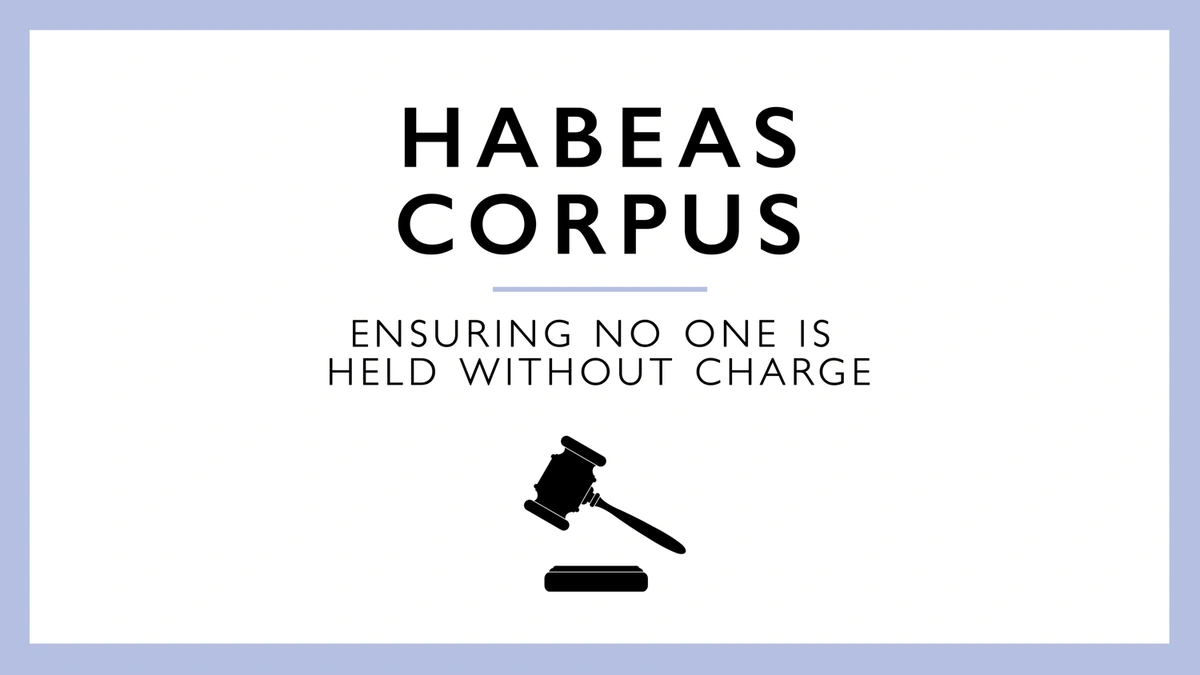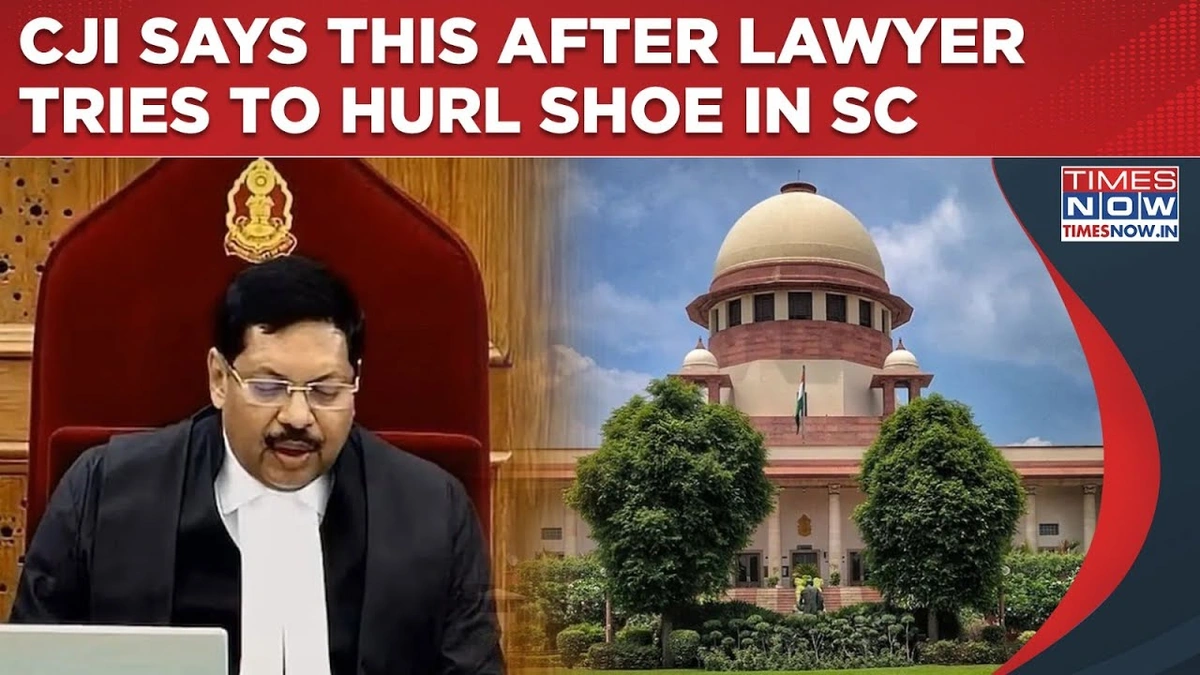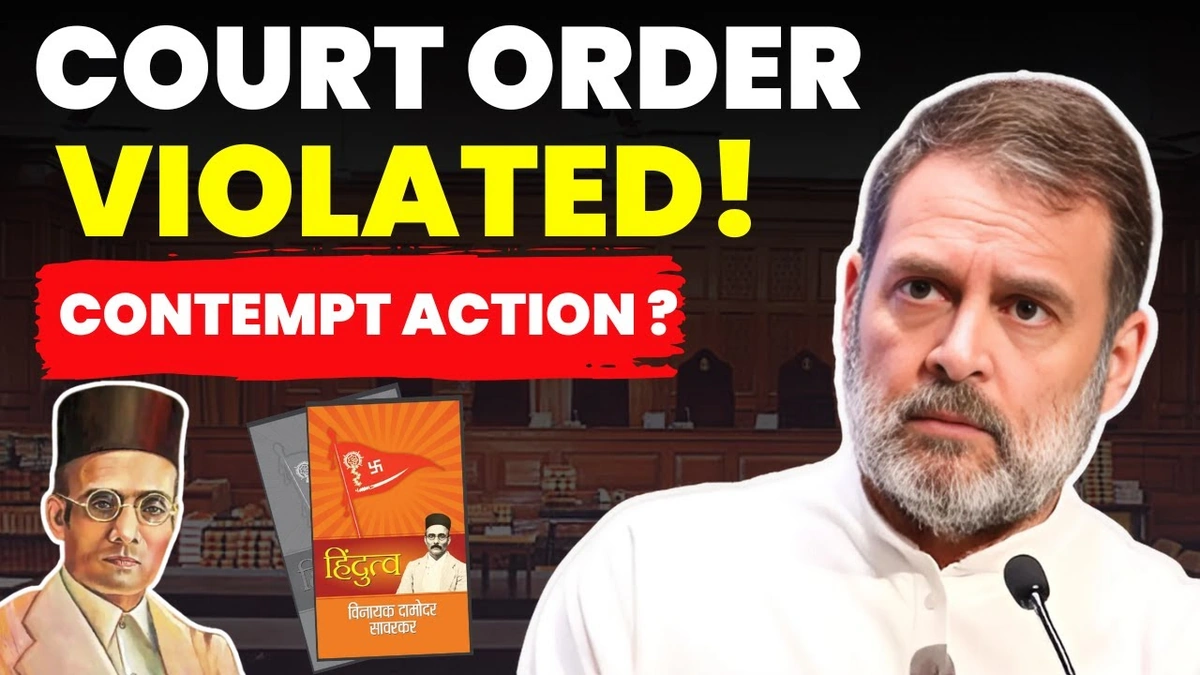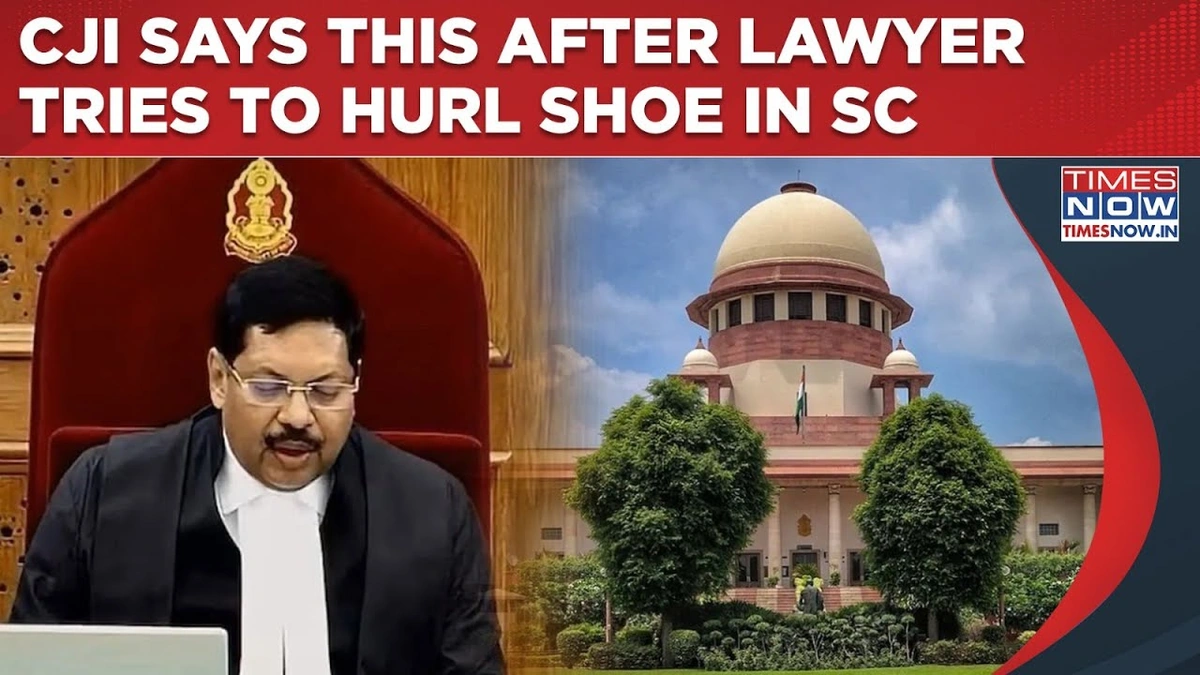Supreme Court to Review Sonam Wangchuk’s Habeas Corpus Petition, Mulls NSA Detention Site Access
The Supreme Court has agreed to examine a crucial question: Can someone be detained under the National Security Act (NSA), even if they’re not physically present in the area where they’re supposedly a threat? This legal knot is at the heart of Sonam Wangchuk’s habeas corpus plea , and it’s far more fascinating – and consequential – than it might initially seem.
The Curious Case of Location, Location, Location
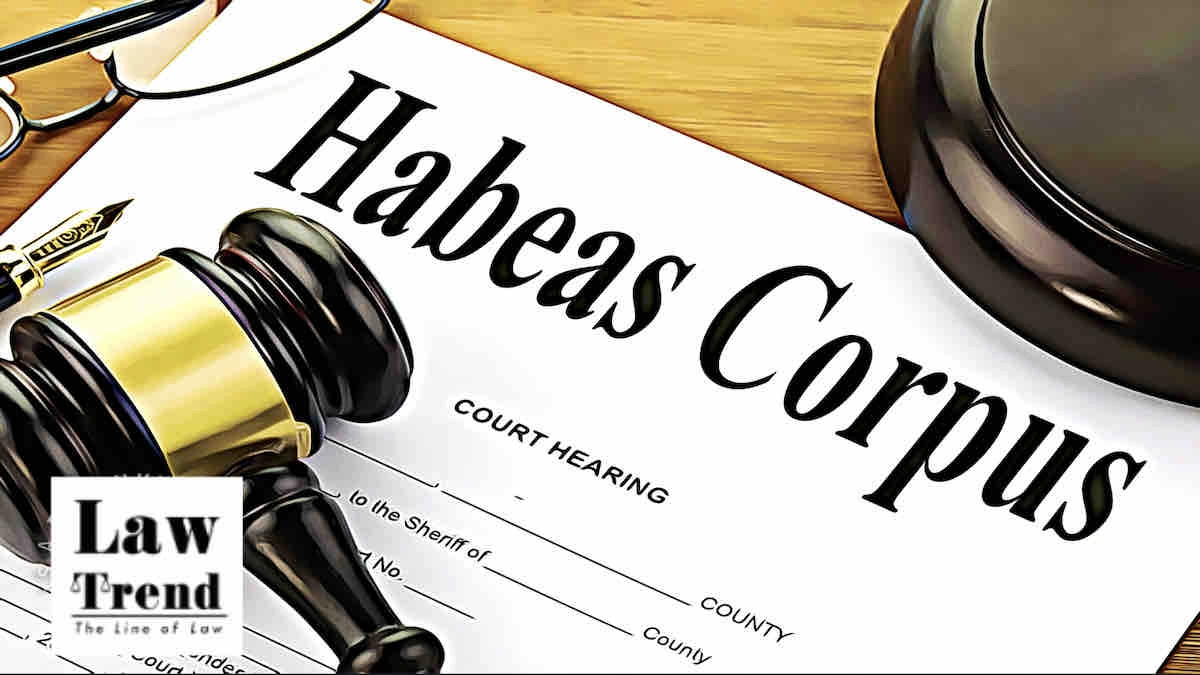
Let’s be honest, the NSA is already a pretty controversial piece of legislation. It allows for preventative detention – that is, locking someone up before they’ve actually committed a crime, based on the suspicion that they might commit one. Now, the Supreme Court is grappling with whether this power can be stretched to include people who aren’t even in the vicinity of the alleged potential trouble. What fascinates me is how this could redefine the boundaries of national security concerns.
Wangchuk, the Ladakh-based education reformist and innovator, filed this petition after concerns arose regarding potential detention related to his speeches advocating for environmental protection in the region. The core issue revolves around whether the government can justify detention under the NSA based on perceived threats arising from speeches made outside the geographical jurisdiction where the detention is authorized. This is a critical point of contention and could have far-reaching implications for civil liberties and freedom of speech.
What’s at Stake? More Than Just One Person’s Freedom
Here’s why this case matters, and it extends way beyond Sonam Wangchuk. If the Supreme Court rules that the NSA can be applied extraterritorially, it sets a precedent. A precedent that could be used to justify detaining individuals based on speeches, writings, or online activities, regardless of their physical location. Think about that for a second. The potential for misuse is, frankly, terrifying. This isn’t just about Ladakh; it’s about the very fabric of free speech in India.
The court’s decision could significantly impact the interpretation and application of the National Security Act, potentially broadening its scope or reinforcing existing limitations. This ruling could influence future cases involving preventative detention and freedom of expression , setting a precedent for how the government balances national security concerns with individual liberties.
Inside the Courtroom | Mulling NSA Detention Site Access
But it’s not just about the location issue. The Supreme Court is also considering whether it should have access to the sites where people are detained under the NSA. Now, I initially thought this was straightforward – of course, the court should have access! – but then I realized the complexities involved. The government argues that granting such access could compromise national security and reveal sensitive information. The Court, on the other hand, needs to ensure that those detained are being treated fairly and that the detention is justified.
According to legal experts, the court’s request to access NSA detention sites underscores its commitment to upholding fundamental rights and ensuring transparency in the application of security laws. This move aims to strike a balance between safeguarding national security and protecting individual liberties.
NSA and Preventative Detention in India | Understanding the Nuances
Let’s rephrase that for clarity: The National Security Act allows the government to detain individuals who are deemed a threat to national security. It’s a powerful tool, but also a controversial one, because it bypasses the usual legal processes. Normally, you’re arrested after committing a crime. The NSA allows you to be arrested before, based on a perceived threat. This is where the habeas corpus petition comes in – it’s a legal mechanism to challenge the legality of a detention. Essentially, it asks the government to justify why someone is being held.
A common concern among legal scholars is the potential for abuse of such powers. The safeguards in place, such as advisory boards and judicial review, are intended to prevent arbitrary detentions, but concerns remain about their effectiveness in practice. The judiciary plays a crucial role in ensuring that the state’s power to detain individuals is exercised responsibly and in accordance with constitutional principles. The Supreme Court’s scrutiny is therefore essential in safeguarding civil liberties in the context of national security.
The key takeaway is that this case isn’t just about the legality of detaining someone based on their location. It’s a much larger conversation about the balance between national security and individual freedoms, and how far the government can go in restricting those freedoms in the name of security. The Supreme Court’s decision will have implications for years to come.
Consider the broader socio-political context in which this NSA detention matter is being reviewed. The increased scrutiny of preventative detention laws reflects a global trend towards safeguarding civil liberties in the face of expanding national security measures. This is a sensitive balancing act, where the judiciary plays a pivotal role in upholding constitutional values.
The Court’s decision could prompt a re-evaluation of existing laws and procedures related to preventative detention, potentially leading to reforms aimed at enhancing transparency and accountability. The outcome of this case will undoubtedly influence the ongoing debate about the appropriate balance between national security and individual rights in India.
Sonam Wangchuk’s Background and the Context of His Petition
For those unfamiliar, Sonam Wangchuk isn’t just some random activist. He’s an engineer, innovator, and education reformist who’s gained international recognition for his work in Ladakh. He advocates for sustainable development and environmental protection in the region. His speeches often touch on these issues, which is what likely triggered the concerns that led to the potential NSA detention.
Wangchuk’s activism is rooted in a deep concern for the environmental challenges facing Ladakh, including climate change and the depletion of natural resources. His efforts to promote sustainable development have resonated with local communities and gained widespread recognition. However, his outspoken criticism of certain government policies has also made him a target of scrutiny.
The context of Wangchuk’s petition is also crucial. Ladakh is a strategically important region, bordering both Pakistan and China. The government is understandably sensitive to any activities that could potentially destabilize the region. However, it’s also important to ensure that legitimate dissent and advocacy are not stifled in the name of national security.
What’s important to understand is the underlying legal argument of a habeas corpus petition. It challenges the very basis of a detention. It forces the state to justify why someone is being held, ensuring that power isn’t being abused. This is what makes this case so important: It forces the court to examine the limits of the NSA and its application in a democratic society. Learn more about this at Wikipedia .
FAQ on Habeas Corpus and the NSA
Frequently Asked Questions
What exactly is a Habeas Corpus petition?
It’s a legal action used to challenge unlawful detention. Essentially, it asks a court to determine if a person is being held legally.
What is the National Security Act (NSA)?
The NSA allows the government to detain individuals deemed a threat to national security for preventative purposes.
Why is Sonam Wangchuk filing this petition?
He is concerned about potential detention under the NSA related to his speeches and advocacy.
What happens if the Supreme Court grants access to detention sites?
It would allow the court to independently verify the conditions and legality of detentions under the NSA.
What is NSA Detention Site Access?
It refers to the Supreme Court’s potential access to facilities where individuals are detained under the National Security Act (NSA).
What are the implications of this case for freedom of speech?
The ruling could significantly impact the scope of free speech, particularly concerning criticism of government policies.
The really intriguing part? This case highlights the ongoing tension between national security and individual freedoms. It’s a debate that’s playing out in courts around the world, and the Supreme Court’s decision will be a landmark moment in India’s own struggle to find the right balance.
